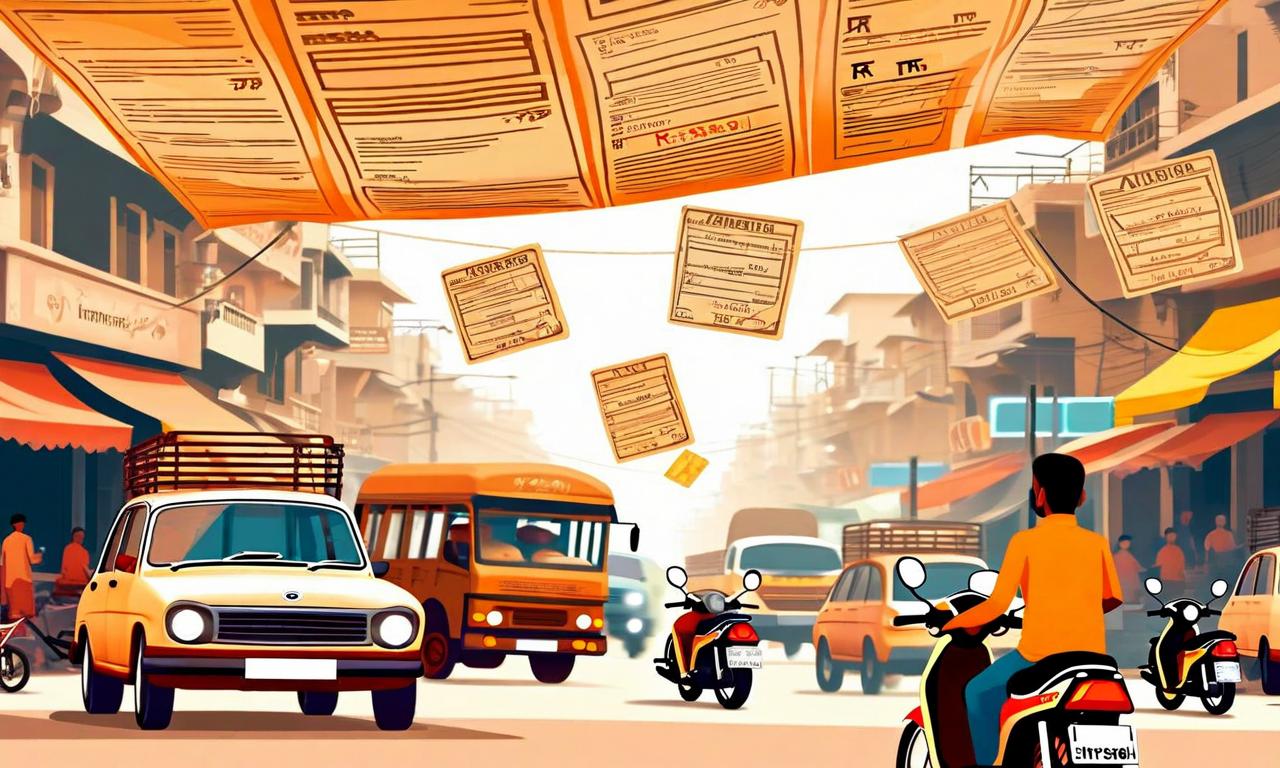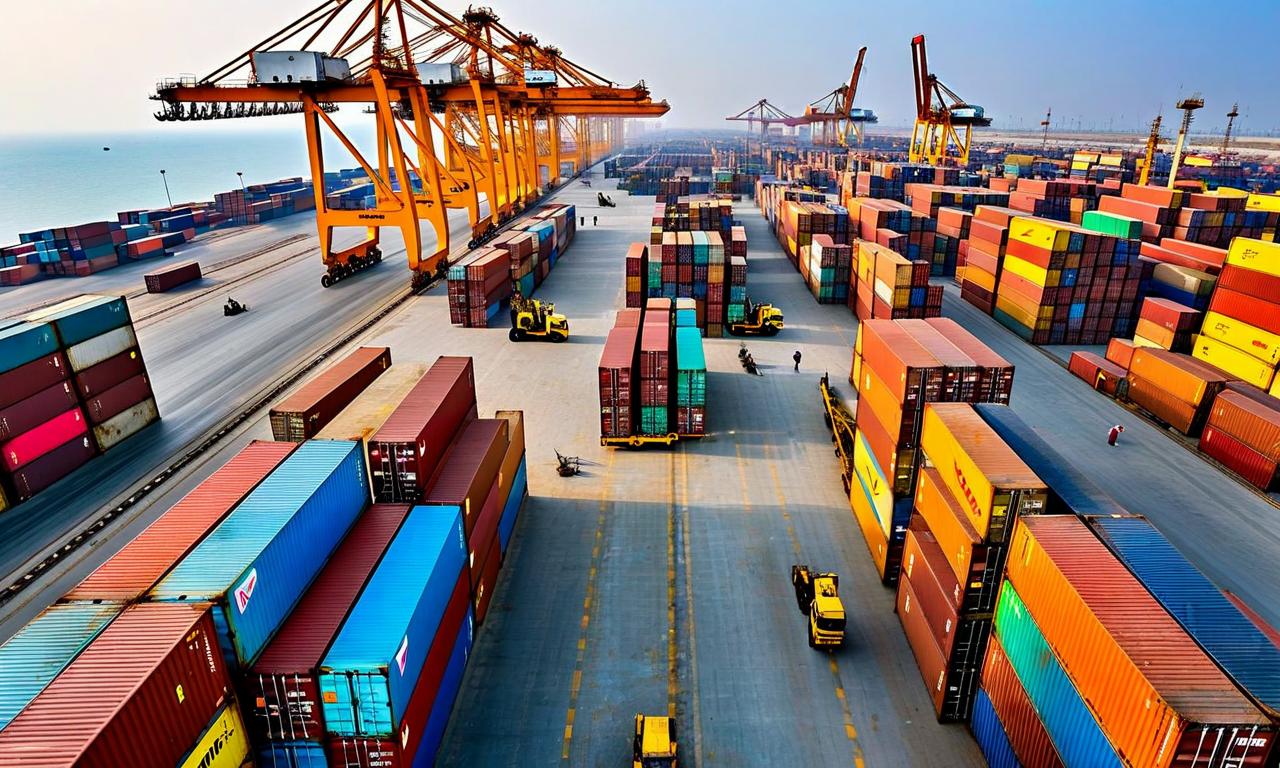IRDAI Mulls Caps on Health Insurance Premium Hikes
The Insurance Regulatory and Development Authority of India (IRDAI) is contemplating implementing limits on health insurance premium increases. This potential move aims to make health insurance more affordable and predictable for policyholders, addressing concerns about steep premium hikes. The measure could significantly impact health insurance providers, potentially altering their pricing strategies and financial planning. It highlights IRDAI's focus on consumer protection while balancing the need for insurers' financial sustainability. The industry may need to reevaluate business models and find innovative ways to manage costs within the proposed regulatory framework.

*this image is generated using AI for illustrative purposes only.
The Insurance Regulatory and Development Authority of India (IRDAI) is contemplating a significant move that could reshape the health insurance landscape in the country. The regulatory body is considering the implementation of limits on health insurance premium increases, a measure that could have far-reaching implications for both insurers and policyholders.
Potential Impact on Health Insurance Companies
This proposed regulatory measure, if implemented, would directly affect health insurance providers operating in India. The primary impact would be a restriction on these companies' ability to raise premiums, potentially altering their pricing strategies and financial planning.
Consumer Protection Focus
The consideration of such limits suggests a strong consumer protection stance by IRDAI. By potentially capping premium increases, the regulator aims to make health insurance more affordable and predictable for policyholders, addressing concerns about steep and frequent premium hikes.
Industry Implications
For the health insurance industry, this move could necessitate a reevaluation of business models and pricing strategies. Insurance companies may need to find innovative ways to manage costs and maintain profitability while operating within the proposed regulatory framework.
Balancing Act
IRDAI's potential move highlights the delicate balance regulators must strike between protecting consumer interests and ensuring the financial sustainability of insurance providers. The challenge lies in setting limits that are fair to policyholders while allowing insurers enough flexibility to adjust to market conditions and rising healthcare costs.
Next Steps
As IRDAI considers this significant regulatory change, stakeholders in the health insurance sector will be keenly watching for further developments. The final decision and its implementation could mark a new chapter in India's health insurance regulation, potentially setting a precedent for other insurance segments as well.
While the exact details of the proposed limits are yet to be revealed, this development underscores IRDAI's proactive approach in shaping a more consumer-friendly health insurance market in India.

























